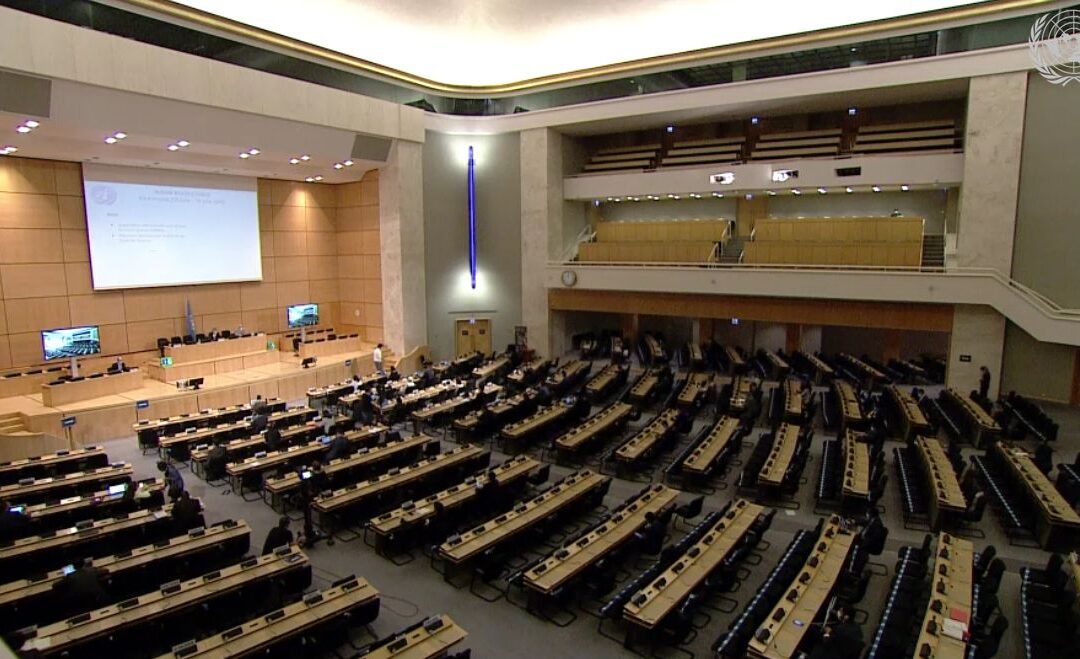
Sep 15, 2021 | Advocacy, Non-legal submissions
At the UN Human Rights Council, the ICJ today raised the attention of UN Member States to the dire situation of human rights and lack of accountability in Afghanistan, Sri Lanka and Venezuela.
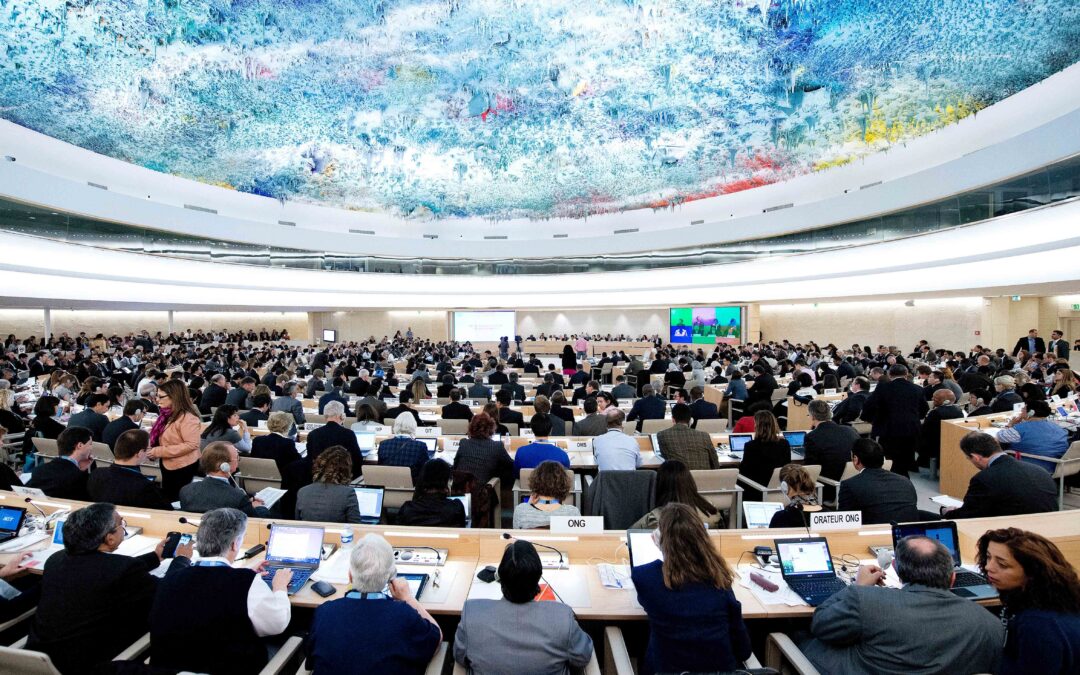
Jul 5, 2021 | Advocacy, Non-legal submissions
The ICJ today addressed the UN Human Rights Council in the Interactive Dialogue on the report of the UN High Commissioner for Human Rights on the situation of human rights in the Bolivarian Republic of Venezuela.
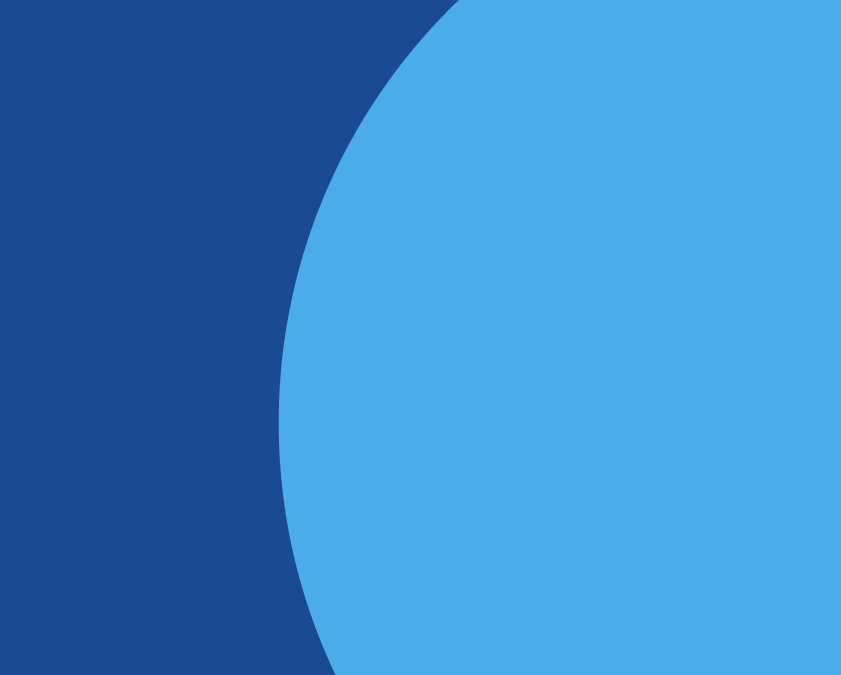
Jun 22, 2021 | News, Publications, Reports, Thematic reports
Venezuela’s judiciary has become a tool for political control of the country by the Executive branch rather than a defender of the rule of law, said the ICJ in a report launched today.
The 55-page report Judges on the Tightrope documents the undermining of judicial independence in the country, due to the political control or influence on the judiciary, and because of the role the Supreme Court of Justice (SCJ) has played in undermining the independence of judges around the country.
“Justice is a human right and it is a fundamental right for the protection of other rights. Without the essential guarantees of the independence and impartiality of judges, we do not have justice. In Venezuela today, the right to justice is not guaranteed, to the extent that we do not have a system of independent and impartial judges,” said Carlos Ayala, ICJ’s vice president.
Venezuela’s Supreme Court of Justice, long controlled by the country’s Executive branch, has overseen a collapse of the rule of law in the country, with some 85 percent of judges holding provisional posts that subject them to political pressure, and courts receiving direct pressure to return verdicts in support of the government and against human right defenders and critics of the government.
“The political takeover of the SJC has placed judges on a tightrope in Venezuela, rendering them unable to defend the rule of law, to provide accountability for the many gross human rights violations in the country, or to protect the rights of the Venezuelan people”, said Sam Zarifi, ICJ’s Secretary General.
The ICJ recommended Venezuela to depoliticize the judiciary in general, and specifically the Supreme Court of Justice. In addition, the report sets a series of specific recommendations to achieve these goals, in particular by:
- Advancing with appointment processes for judges in accordance with constitutional provisions and international standards;
- Establishing independent and autonomous mechanisms within the judiciary for the selection of judges and for exercising of disciplinary functions; and
- Strengthening transparency and accountability in the justice system.
The ICJ called on Venezuelan authorities to comply with international human rights law and international standards related to judicial independence, as well as with the decisions and recommendations that different bodies in the United Nations and Inter-American Human Rights System have made, and allow access to the country for international human rights procedures and mechanisms that will contribute to accountability and the restoration of the rule of law.
The ICJ also urged the UN Human Rights Council to maintain a mechanism to address proper accountability for gross human rights violations until the Venezuelan prosecutors, courts and tribunals are capable of effectively investigating, prosecuting and judging with independence and impartiality those violations.
Contact
Carolina Villadiego Burbano, Latin American Legal and Policy Adviser, email: carolina.villadiego(a)icj.org
Download
Venezuela-Judges on the tightrope-Publications-Reports-Thematic reports-2021-ENG
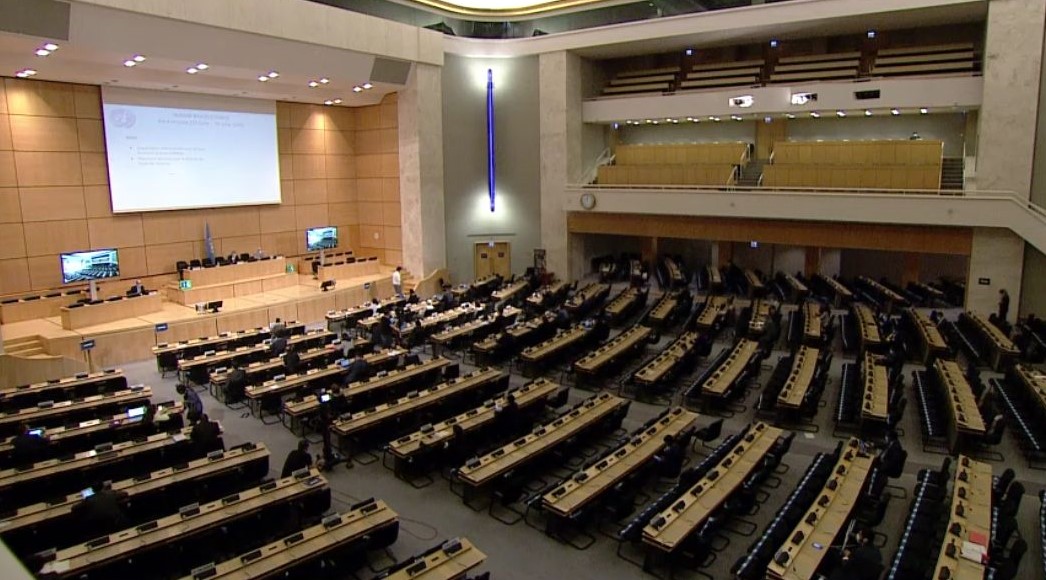
Mar 11, 2021 | Advocacy, Non-legal submissions
Today, the ICJ called on the Office of the High Commissioner for Human Rights to guarantee transparency and participation in its activities in Venezuela in an oral statement delivered during the interactive dialogue on the oral update by the UN’s High Commissioner of Human Rights on Venezuela.
The statement reads as follows:
“Madame President,
The International Commission of Jurists (ICJ) welcomes the High Commissioner’s oral update on the situation of human rights in Venezuela, particularly regarding the cooperation between her office and the Venezuelan authorities.
The ICJ underscores the importance of transparency on the activities conducted under the Memorandum of Understanding (MoU) signed by both parties. Publication of the MoU to inform the public and ensure the optimal engagement of stakeholders is critical to its success.
The ICJ stresses that in addition to civil and political rights, economic, social, cultural rights continue to be violated in Venezuela, a situation aggravated by the COVID-19 pandemic. As of January 2021, at least 37 health workers have died due to the lack of protective equipment and basic supplies in healthcare centers.
In light of recent announcements by Venezuelan authorities, political considerations appear to be a driving factor in the COVID-19 vaccine prioritization plan, instead of objective and public health criteria, which could lead to discrimination and a denial of equal protection of law.
The ICJ recommends that the High Commissioner monitor and report on the status of the Venezuelan authorities’ compliance with her previous recommendations, and on her broader engagement with local civil society with a view to protecting human rights.
Thank you.”
Contact:
Massimo Frigo, ICJ UN Representative, e: massimo.frigo(a)icj.org, t: +41797499949
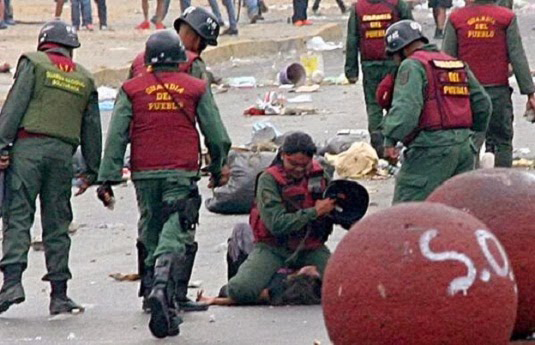
Mar 10, 2021 | Advocacy, Non-legal submissions
The ICJ delivered a statement today on the occasion of the interactive dialogue on the oral update by the Independent International Fact-Finding Mission on the situation in Venezuela calling for attention to the persistence of widespread serious human rights violations in the country.
The statements reads as follows:
“Madame President,
The International Commission of Jurists (ICJ) welcomes the Independent International Fact-Finding Mission’s oral update on the situation in Venezuela.
The ICJ calls attention to the persistence of widespread serious human rights violations, as reported by the FFM in its 2020’s report, including extrajudicial killings.
Venezuelan authorities have wholly failed to comply with the Mission’s recommendations, including the need for “prompt, effective, thorough, independent, impartial and transparent investigations into the human rights violations and crimes”.
This underscores the deficits in judicial and prosecutorial independence that has undermined fair trial rights.
The ICJ is extremely concerned about attacks on human rights defenders and civil society organizations in Venezuela by the authorities, which include the criminalization of the defence of human rights protected under international human rights law.
Civil society organizations that were targeted in 2020 include “Acción Solidaria”, “Provea”, “Alimenta la Solidaridad” and “CONVITE”, and early this year five members of “Azul Positivo” were arbitrarily detained and continue to be harassed.
The ICJ urges that the Venezuelan authorities ensure their full cooperation with the FFM and immediately cease the attacks on human rights defenders; conduct independent investigations and bring to justice those responsible for serious human violations; and remove obstacles to access to justice for victims.
Thank you.”
Contact:
Massimo Frigo, ICJ UN Representative, e: massimo.frigo(a)icj.org, t: +41797499949









